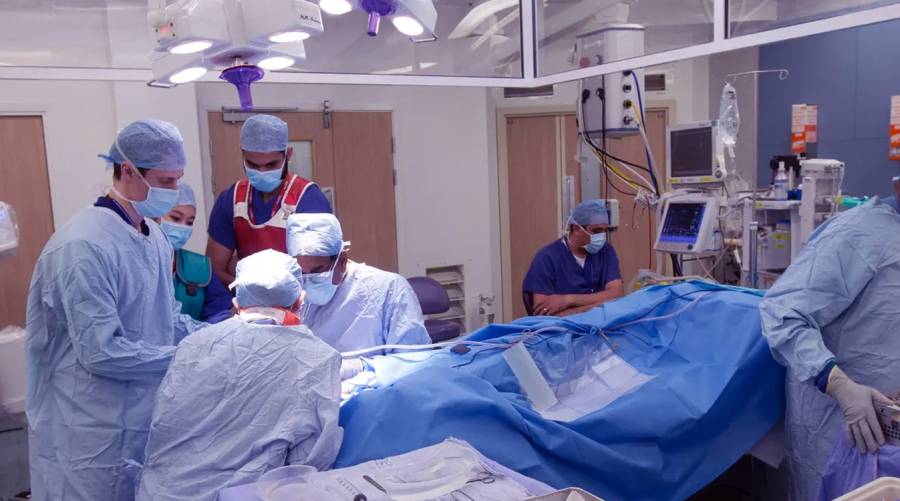
Amid massive increase in waiting lists of the UK’s National Health Service (NHS), healthcare professionals have warned of the impending winter season, saying that prolonged waiting times for treatments could significantly exacerbate patients' health conditions.
The latest NHS performance data, recently released, highlights a continual surge in the waiting list for NHS consultant-led hospital treatments, surpassing all previous records. As of the end of August 2023, the waiting list had reached an unprecedented 7.74 million individuals, including the patients in need of various treatments, including crucial procedures like hip replacements and cancerous tumor removal surgeries.
Expressing concerns about the challenging circumstances, Prof Peter Friend, Vice President of the Royal College of Surgeons of England, emphasised the persistent impact of increased demand, staggering staff shortages, and ongoing industrial actions, all contributing to impeding the recovery efforts. As the NHS workforce perseveres in its efforts to reduce waiting lists, the looming winter pressures add another layer of complexity to an already daunting situation.
While acknowledging the government's recent financial aid to the health service for the upcoming winter season, Prof Friend highlighted the mounting uncertainty surrounding the prime minister's pledge to reduce the size of the waiting list by March 2024.
In response to the Labour Party's announced plans to curtail waiting lists over the weekend, Prof Friend stressed the need for a sustainable approach that doesn't place additional burdens on an already overstretched workforce.
Stressing the imperative nature of investments in staff, operating theaters, and surgical beds, he called for optimising productivity within the NHS to effectively alleviate the mounting waiting times.
As the healthcare sector braces for the challenges ahead, the call for comprehensive and sustainable solutions remains at the forefront of the debate, emphasising the necessity of a well-supported healthcare system capable of delivering timely and efficient treatments to all in need.


